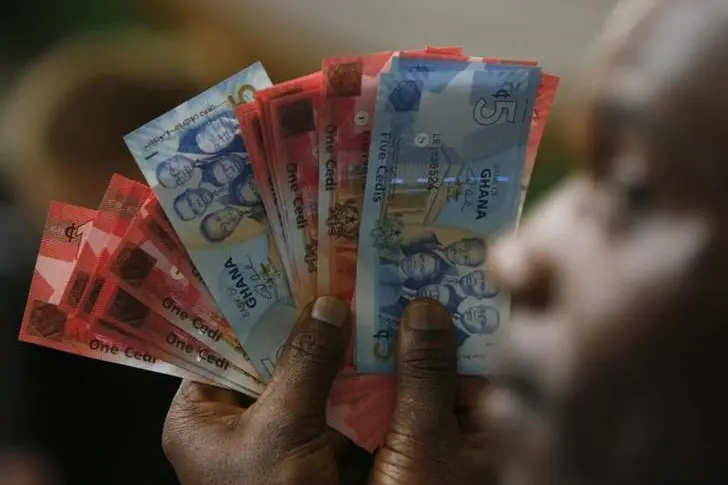PHOTO
The capital positions of Nigeria’s five largest banking groups will not be materially affected by the impact of Ghana’s sovereign debt restructuring on the groups’ Ghanaian subsidiaries, Fitch Ratings says.
Although the debt restructuring will significantly weaken the subsidiaries’ capitalisation, this will not translate into a meaningful capital impact at the group level given the subsidiaries’ small size and the groups’ strong pre-impairment operating profit.
Nevertheless, it adds to the capital pressure that the groups face from increasing domestic impaired loans and further pressure could come from a potential devaluation of the Nigerian naira.
Ghana’s Ministry of Finance (MoF) announced on February 14 that the local currency (LC) debt exchange, launched on December 5, 2022, had closed after several delays and modifications.
Related NewsFounders’ Day: Flutterwave CEO rings closing bell at NYSENigerian banks face near-term credit risks from regional expansion —Fitch RatingsSON to launch calibration services campaign for industrial, SMEs development
According to the MoF, creditors representing about 85 percent of eligible bonds took part, exchanging eligible government bonds for new bonds with lower coupons and longer tenors.
Although the debt exchange was formally voluntary, Ghanaian banks were highly incentivised to participate as the risk-weighting of the old bonds was increased to 100 percent from zero percent and non-participating banks were not eligible for liquidity support from the newly created Ghana Financial Stability Fund.
Treasury bills (15 percent of the Ghanaian banking system’s securities at end-10M22) were excluded from the exchange.
Based on the coupon rates and tenors of the new bonds, and assuming a discount rate of 20 percent, “we estimate that Ghanaian banks exchanging bonds will suffer a net present value loss of just under 50 percent (see final terms of Ghana’s sovereign domestic debt restructure to still hurt banks’ capital).
“Ghanaian banks hold large amounts of LC government bonds and the restructuring will significantly weaken their capitalisation, leading to material capital shortfalls at some banks,” it stated.
Nigeria’s big five banking groups – Access Bank, Zenith Bank, FBN Holdings (FBNH), United Bank for Africa (UBA) and Guaranty Trust Holding Company (GTCO) – operate subsidiaries in Ghana and therefore the LC sovereign debt exchange will affect their capitalisation.
As a means of deploying excess US dollar liquidity, some of the groups also have small Eurobond exposures through their Ghanaian and other subsidiaries. Ghana’s MoF has suspended payments on Eurobonds pending a restructuring, which will add to the capital pressure on these groups.
Fitch also expects the Ghanaian subsidiaries to suffer from heightened loan impairment charges in the near term as a result of the severe depreciation of the Ghanaian cedi, extremely high inflation, and large interest rate rises.
However, even on top of the LC debt exchange and the forthcoming Eurobond restructuring, this should not lead to a significant capital impact for the Nigerian banking groups given the subsidiaries’ small size and the groups’ strong pre-impairment operating profit, which provides a buffer to absorb losses without affecting capital.
Ghana’s sovereign debt restructuring is one of several pressure points on the five groups’ capital, alongside the potential for a material devaluation of the Nigerian naira, rising domestic impaired loans, and rapid credit and balance-sheet growth.
Fitch believes the groups’ capital buffers are sufficient to weather these risks, providing good headroom at current rating levels. The groups’ ratings are primarily sensitive to a downgrade of the Nigerian sovereign (B-/Stable) given the banks’ high Nigerian sovereign exposure relative to capital and the concentration of their activities in Nigeria.
Copyright © 2022 Nigerian Tribune Provided by SyndiGate Media Inc. (Syndigate.info).




















